AIT 2025 Forum: Norms for the Digital Age from Students to States – Tuesday 28 January
Places are now available for the Archives of IT (AIT) 2025 Forum on Norms of the Digital Age from Students to States. The Forum will take place from 10am-5pm on Tuesday 28 January 2025 at the Livery Hall of the Worshipful Company of Information Technologists and online. The Forum will bring together a high-calibre, multi-disciplinary set of academics to meet with practitioners and leaders from civil society, business, industry, and government.
Book seats at the Livery Hall or online:
Setting the scene:
Norms are accepted standards or ways of behaving or doing things with which most people agree. And with the progess and adoption of new technologies our contexts of use have shaped the norms governing these different information and communication technologies, such as the internet, social media and the smartphone. Now with the addition of generative AI chatbots such as ChatGPT, experts at our Forum will discuss how together they are affecting professionalism, journalism, education and international cyber security.
Introduction
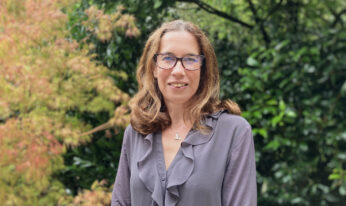
During our day-long event we will explore the following topics:
Evolution of Norms
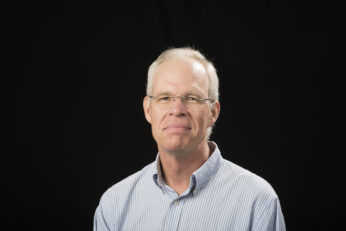
Professionalism in the Digital Age
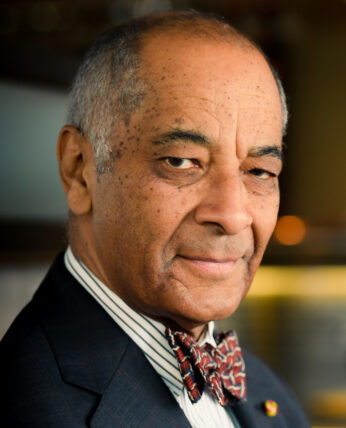
This Roundtable Discussion will feature distinguished speakers, Sir Kenneth Olisa OBE (pictured), IT entrepreneur and Lord Lieutenant of London and Paul Martynenko MBE, former IBM senior technical executive for Europe and a BCS Past President.
Journalism in the Digital Age – Changing Roles and Norms
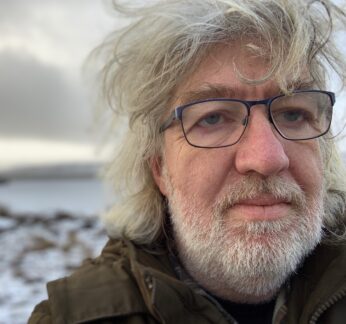
Norms for Students of the Digital Age – From Calculators to ChatGPT
What should students be permitted to use in the classroom and in their writing and other creative work? What norms should guide students and teachers in the classroom of the digital age? What will that classroom look like? How will students be judged and evaluated?
To answer these questions we will hear from Ravi Chagger, Trust Assistant Headteacher Osborne Co-operative Academy Trust and AIT’s Education Outreach Programme Lead as well as Kieran Gilmurray, CEO of Kieran Gilmurray and Company, a globally recognised authority on AI, automation and digital transformation.
Paper Session from Multiple Disciplinary Perspectives
This session will include papers from the following:
Kate Bradley – Telephone helplines in Britain, 1965-1999: Countercultural DIY activism to professional welfare services over the phone
Kate is a Reader in Social History and Social Policy at the University of Kent, where she teaches and researches criminal justice and social policy history in Britain from the early 20th century to the present.
Patricia Esteve-González – Contextual Factors Shaping the Application of UN Cyber Norms, a Cybersecurity Capacity Study
Patricia is an Oxford Martin Fellow and a Senior Research Associate at the Global Cyber Security Capacity Centre, University of Oxford, where she approaches research questions on cybersecurity from a multi-disciplinary perspective.
Dr George Zoukas and Dr Jonathan Foster – Towards Assuring Data Fairness in Trustworthy Machine Learning
Dr Jonathan Foster is Senior Lecturer, Information School, University of Sheffield and Dr George Zoukas is Postdoctoral Research Associate, Information School, University of Sheffield.
The Forum aims to:
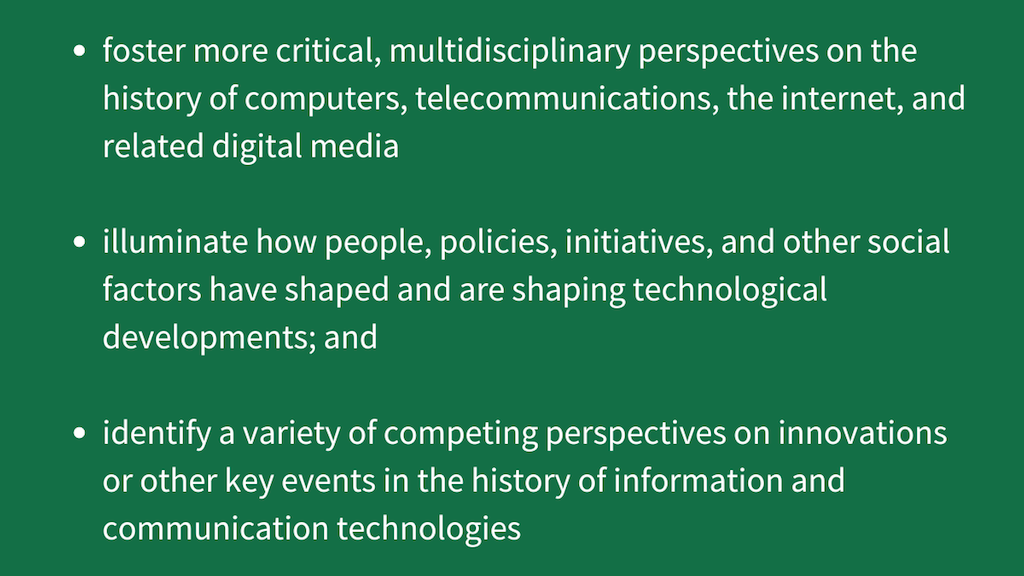
Book your seats at the Livery Hall or online:
More Information
These forums are in line with AIT’s objective of raising public awareness of the rich and important history of technology in the UK. The 2025 Forum follows on from AIT’s inaugural Forum on the Histories of the Internet, which took place in January 2024, and is available to read here: AIT 2024 Forum on the Histories of the internet.
